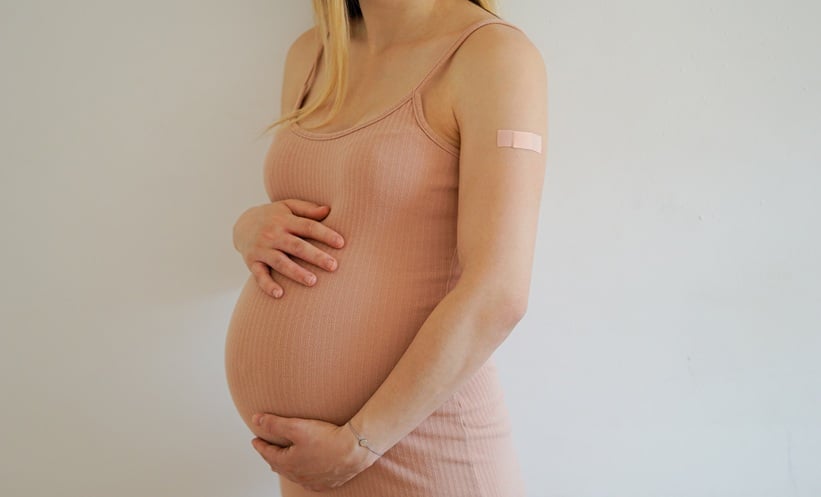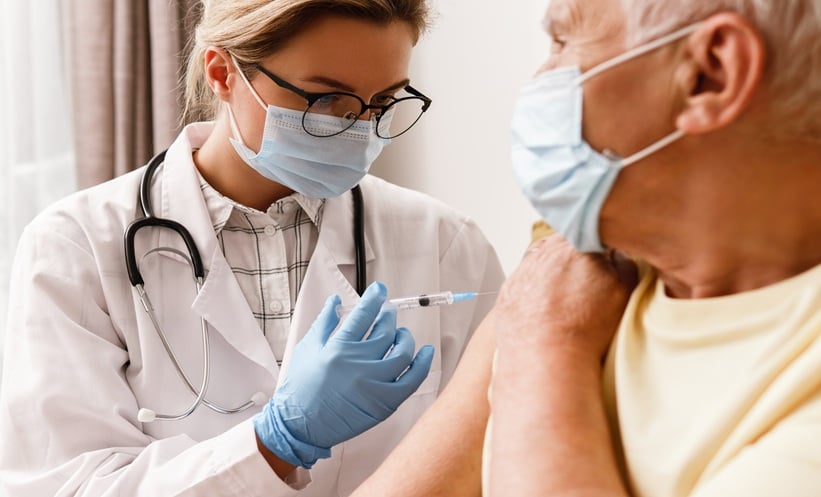PRELIMINARY surveillance data from Argentina’s national maternal RSV vaccination programme show a marked reduction in infant hospitalisations during the 2024 RSV season.
The Ministry of Health began a country-wide rollout of the Pfizer bivalent RSVpreF maternal vaccine in March 2024, targeting pregnant women at 32–36 weeks’ gestation. Using national surveillance data from public hospitals, researchers compared RSV-related hospitalisations in children under 12 months during the 2023 and 2024 RSV seasons.
Among infants <6 months of age, hospitalisations fell from 8,550 cases in 2023 to 3,774 in 2024, a 56% reduction. In contrast, among infants aged 6–11 months, numbers remained relatively stable: 2,471 in 2023 and 2,339 in 2024. Weekly peak hospitalisations in infants <6 months also declined by more than half, from 810 to 394. In total, 42,661 pregnant women were vaccinated between March–May 2024, with high uptake facilitated by integration into routine antenatal care.
The data indicate a strong age-specific effect, consistent with passive protection via transplacental antibodies from maternal immunisation. No safety signals were reported during the early implementation phase.
These real-world results support the effectiveness of maternal RSV vaccination and could influence policy decisions in other countries considering national rollout.
Reference
Rearte A et al. Impact of maternal immunisation with bivalent prefusion F vaccine during pregnancy against infant respiratory syncytial virus (RSV) and all-cause hospitalisations: descriptive before-and-after study in Argentina. Abstract 2343. ESPID Annual Meeting, 26-30 May, 2025.








